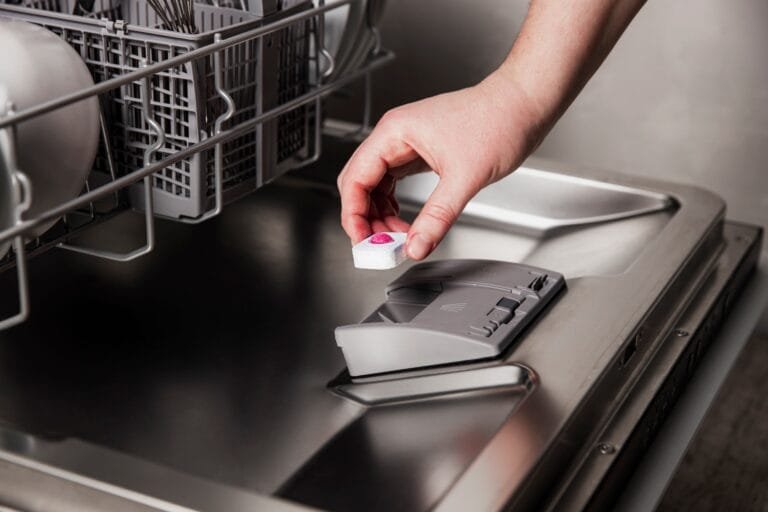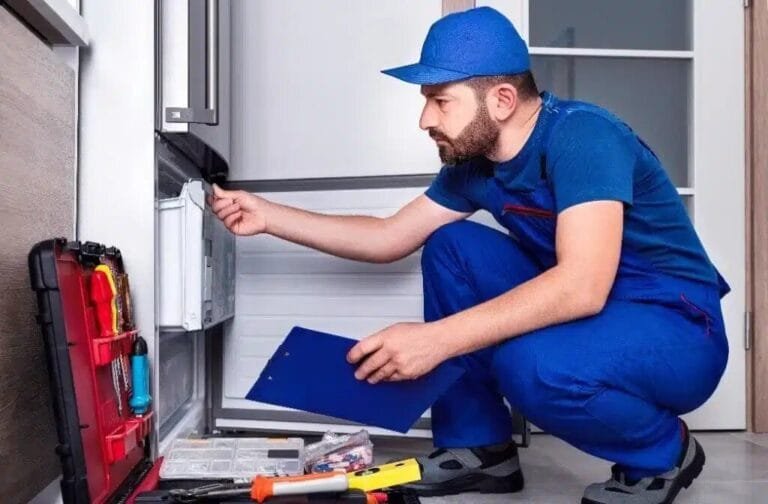In a world increasingly aware of environmental sustainability, the decisions we make about our household appliances can have far-reaching effects. One such decision is whether to repair or replace an appliance when it malfunctions or becomes outdated. This blog post explores the environmental impact of both repairing and replacing appliances, helping you make more informed, eco-friendly choices.
The Culture of Convenience and Waste
Our modern culture often favors convenience, leading to a ‘throwaway’ mentality where items are quickly discarded and replaced rather than repaired. Consequently, this approach contributes to increased waste and environmental degradation, as discarded appliances end up in landfills, leaking hazardous substances into the ground and water sources.
Repairing Appliances: A Sustainable Choice
Reducing Waste
Importantly, repairing appliances extends their lifespan, thereby reducing the amount of waste sent to landfills. This practice is crucial in combating the growing issue of electronic waste (e-waste), which is one of the fastest-growing waste streams.
Conserving Resources
Furthermore, manufacturing new appliances requires significant amounts of resources, including water, minerals, and fossil fuels. Repairing appliances helps conserve these resources by reducing the demand for new products.
Lowering Carbon Footprint
Additionally, the production and transportation of new appliances generate considerable greenhouse gas emissions. By opting to repair, you contribute to lowering your carbon footprint, as less energy is consumed in the repair process compared to manufacturing a new appliance.
Replacing Appliances: Not Always a Negative Choice
While repairing is often the more environmentally friendly option, replacing an appliance can sometimes be the more sustainable choice, particularly when it comes to energy efficiency.
Energy-Efficient Models
Older appliances generally consume more energy than newer models designed with energy efficiency in mind. Thus, replacing an old, inefficient appliance with a newer, energy-efficient model can reduce your household’s energy consumption and environmental impact.
Recycling Old Appliances
Moreover, when replacing an appliance, recycling the old one is crucial. Many components of appliances can be recycled, preventing harmful substances from entering the environment and allowing materials to be reused.
Factors to Consider
Repair Costs vs. Replacement Costs
You should consider the cost of repairs versus the cost of a new appliance. If repairs are costly and frequent, replacing the appliance might be more economical and environmentally friendly in the long run.
The Age and Condition of the Appliance
Also, the age and current condition of the appliance play a significant role. Older appliances that are near the end of their life expectancy or repeatedly malfunction may warrant replacement.
Energy Consumption
Lastly, evaluate the energy consumption of your current appliance. If it’s a significant energy drain, replacing it with an energy-efficient model could be beneficial for both the environment and your energy bills.
In conclusion, the decision to repair or replace an appliance is not always straightforward. While repairing can often be the more sustainable choice, there are situations where replacing an appliance, particularly with an energy-efficient model, is more beneficial in the long run. By considering the environmental impacts alongside the costs and benefits, we can make responsible choices that contribute to a more sustainable future. For your appliance repairs, contact us here.





